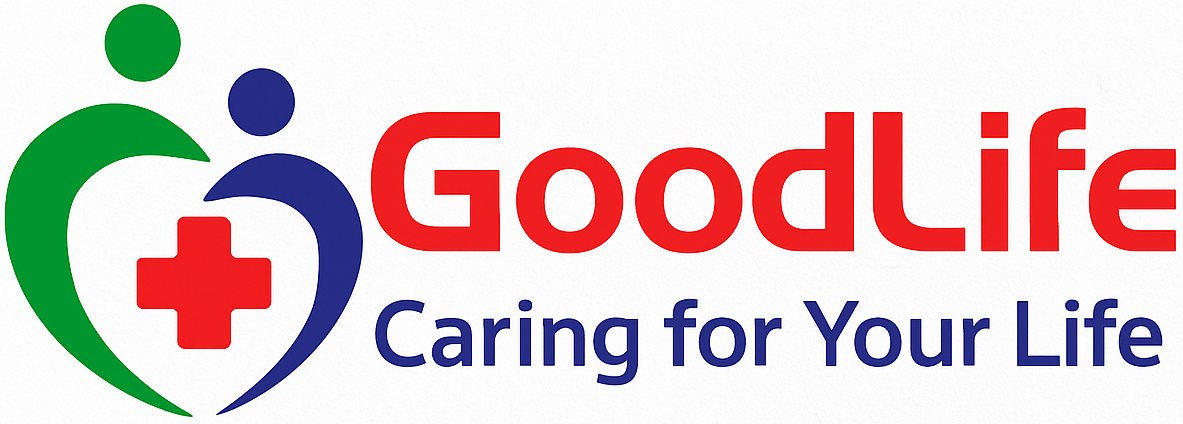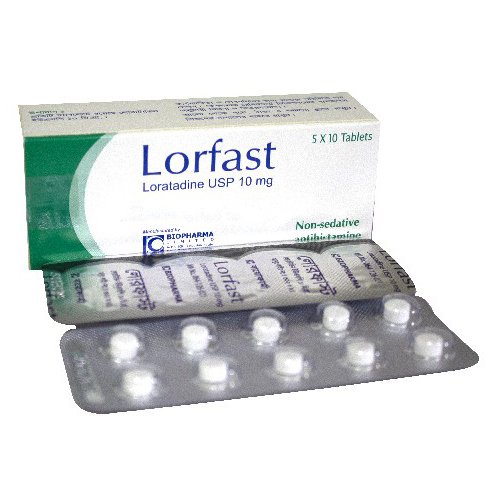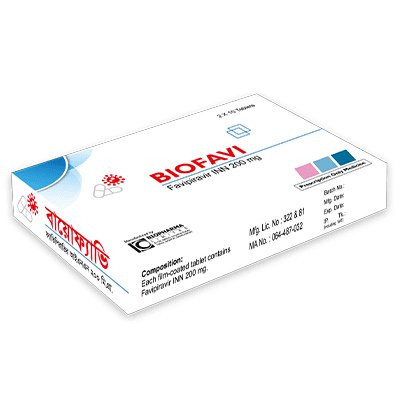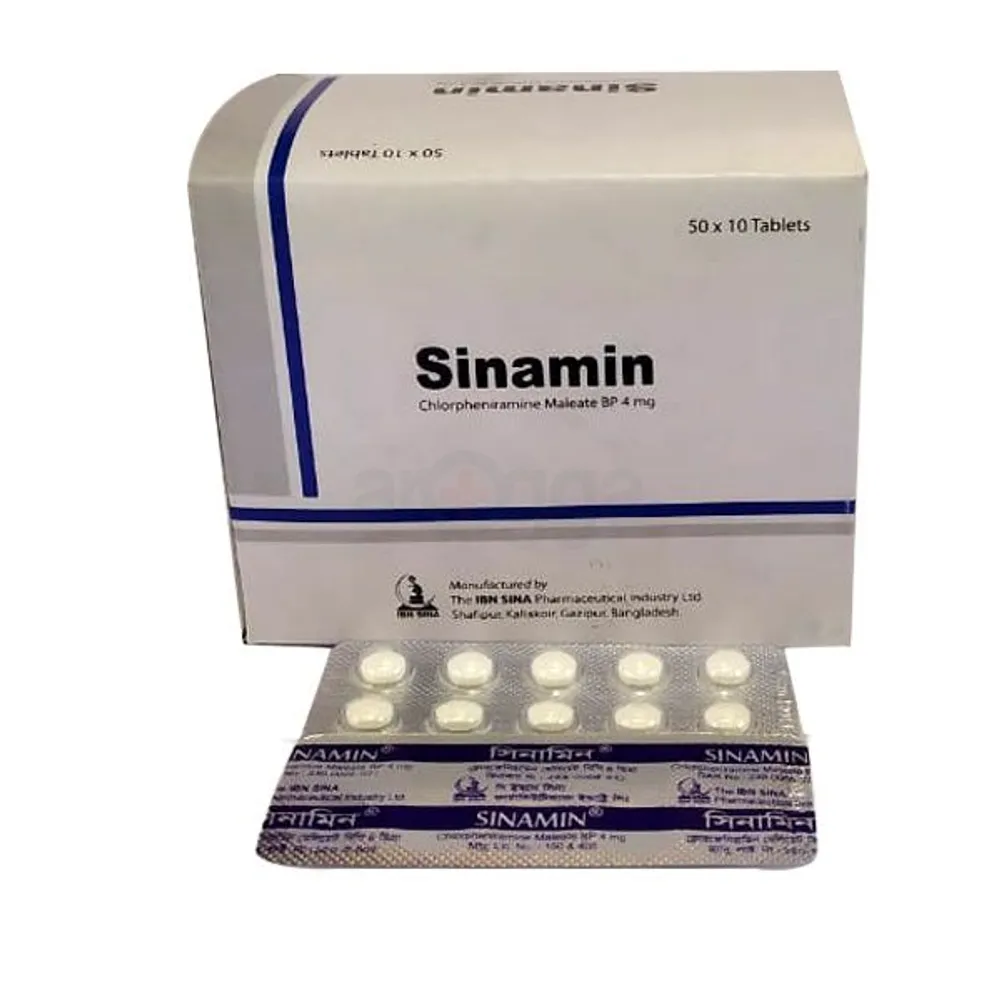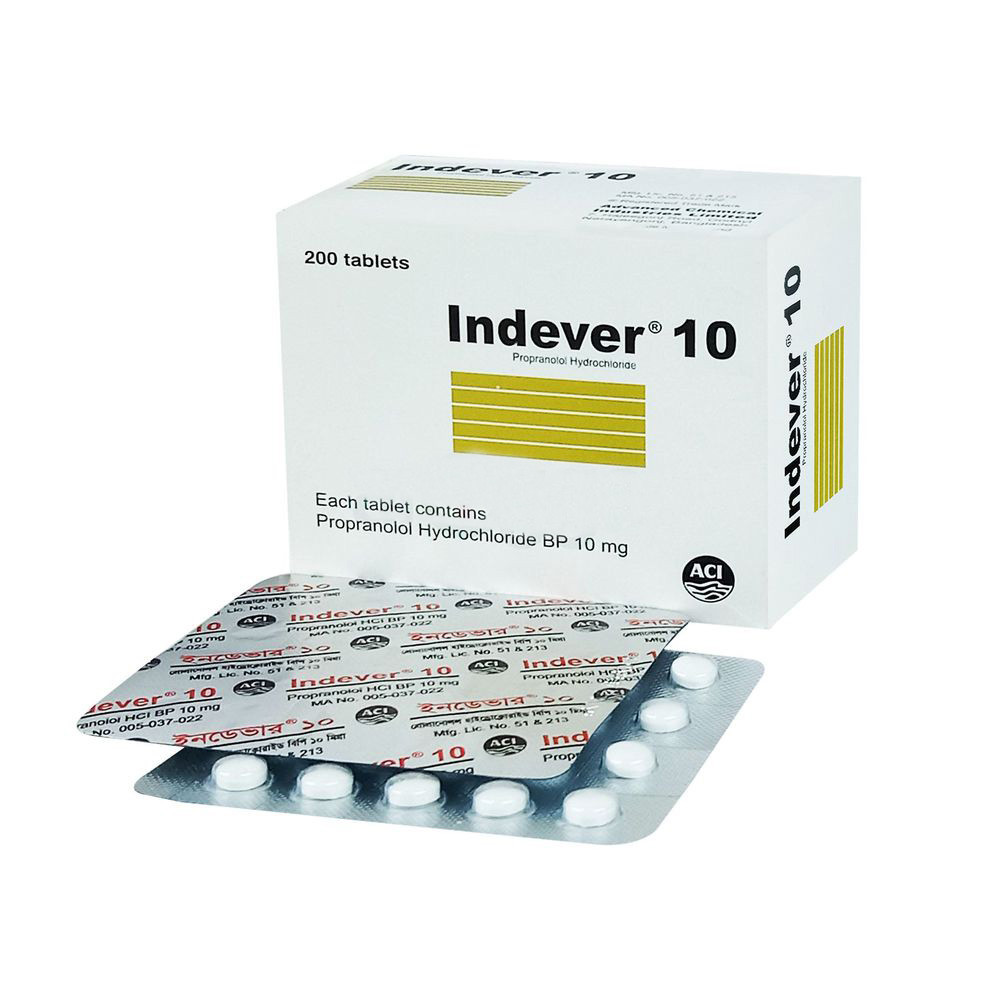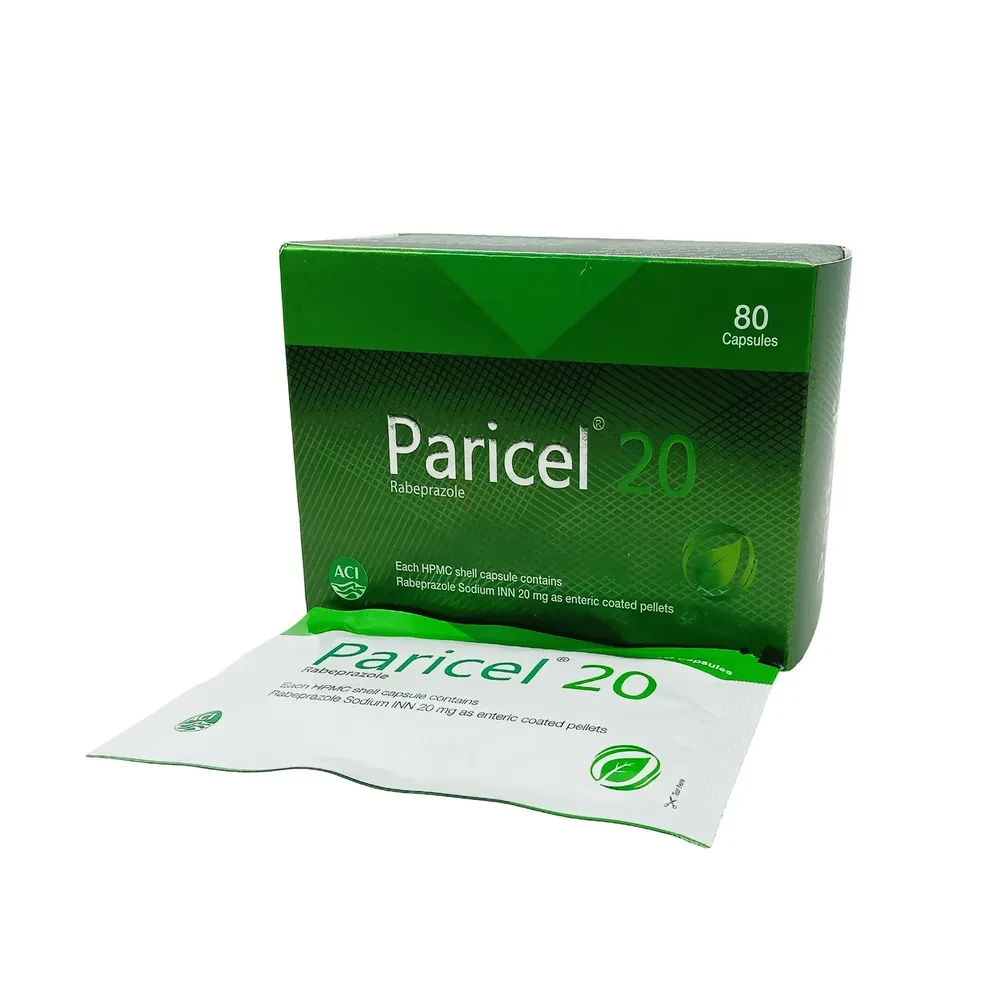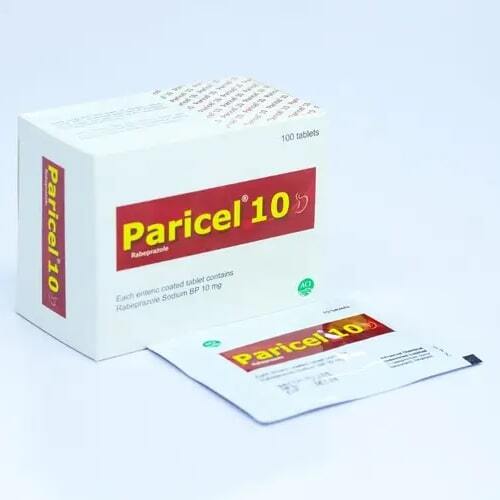Medicine Overview of Biocin 4mg Tablet
Biocin is an antiallergic medication used in the treatment of various allergic conditions. It provides relief from runny nose, sneezing, itching and watery eyes.
Biocin should be taken with or without food, but take it at the same time every day to get the most benefit. It should be taken as your doctor’s advice. The dose and how often you take it depends on what you are taking it for. Your doctor will decide how much you need to improve your symptoms. You should take this medicine for as long as it is prescribed for you. In case, you have missed any doses than it is better to take the next dose as soon as you remember it. However, you should never take a double dose.
Sleepiness or drowsiness is the most common side effect of this medicine. Avoid driving or attention-seeking activity. If these bother you or appear serious, let your doctor know. There may be ways of reducing or preventing them. In some cases, it may cause dryness of mouth, so it is advised to drink more water, always carry sugar candy or maintain oral hygiene.
Before taking this medicine, let your doctor know if you have glaucoma or have any gastro related issues or have asthma. Inform your doctor if you are pregnant, or breastfeeding. Your doctor should also know about all other medicines you are taking as many of these may make this medicine less effective or change the way it works. Generally, it is advised to avoid alcohol while on treatment.
- Allergic conditions
- Dryness in mouth
- Sleepiness
- Drowsiness
- Loss of appetite
- Nausea
-
Avoid driving or operating dangerous machinery as it may decrease alertness.
-
Avoid consuming alcohol when taking the CPM 4mg Tablet, as it may cause excessive sleepiness or drowsiness.
Oral
Adult: 4 mg every 4-6 hr. Max: 24 mg daily.
Parenteral
Adjunct in the emergency treatment of anaphylactic shock
Adult: 10-20 mg IM, SC, or slow IV inj over 1 min. Max dose: 40 mg daily.
Oral
Child: 1-2 yr: 1 mg bid,
2-5 yr: 1 mg every 4-6 hr,
6-12 yr: 2 mg every 4-6 hr.
Max: 6 mg daily (1-5 yr); 12 mg daily (6-12 yr).
Parenteral
Adjunct in the emergency treatment of anaphylactic shock
Child: 87.5 mcg/kg SC 4 times daily
CNS depression, sedation, drowsiness, lassitude, dizziness. GI upsets, anorexia, or increased appetite, epigastric pain, blurring of vision, dysuria, dryness of mouth, tightness in chest, hypotension, muscular weakness, tinnitus, euphoria, headache, paradoxical CNS stimulation.
Potentially Fatal: CV collapse and respiratory failure.
Pregnancy
Antihistamine exposure in first trimester not reported to be associated with increased risk of malformations; animal studies not reported; there are no controlled data in human pregnancy; only recommended for use during pregnancy when benefit outweighs risk
Lactation
Excretion into human milk; the manufacturer recommends that caution be used when administering chlorpheniramine to nursing women; infants should be monitored for irritability or drowsiness; antihistamines may temporarily decrease maternal serum prolactin concentrations when administered prior to nursing infant for the first time
